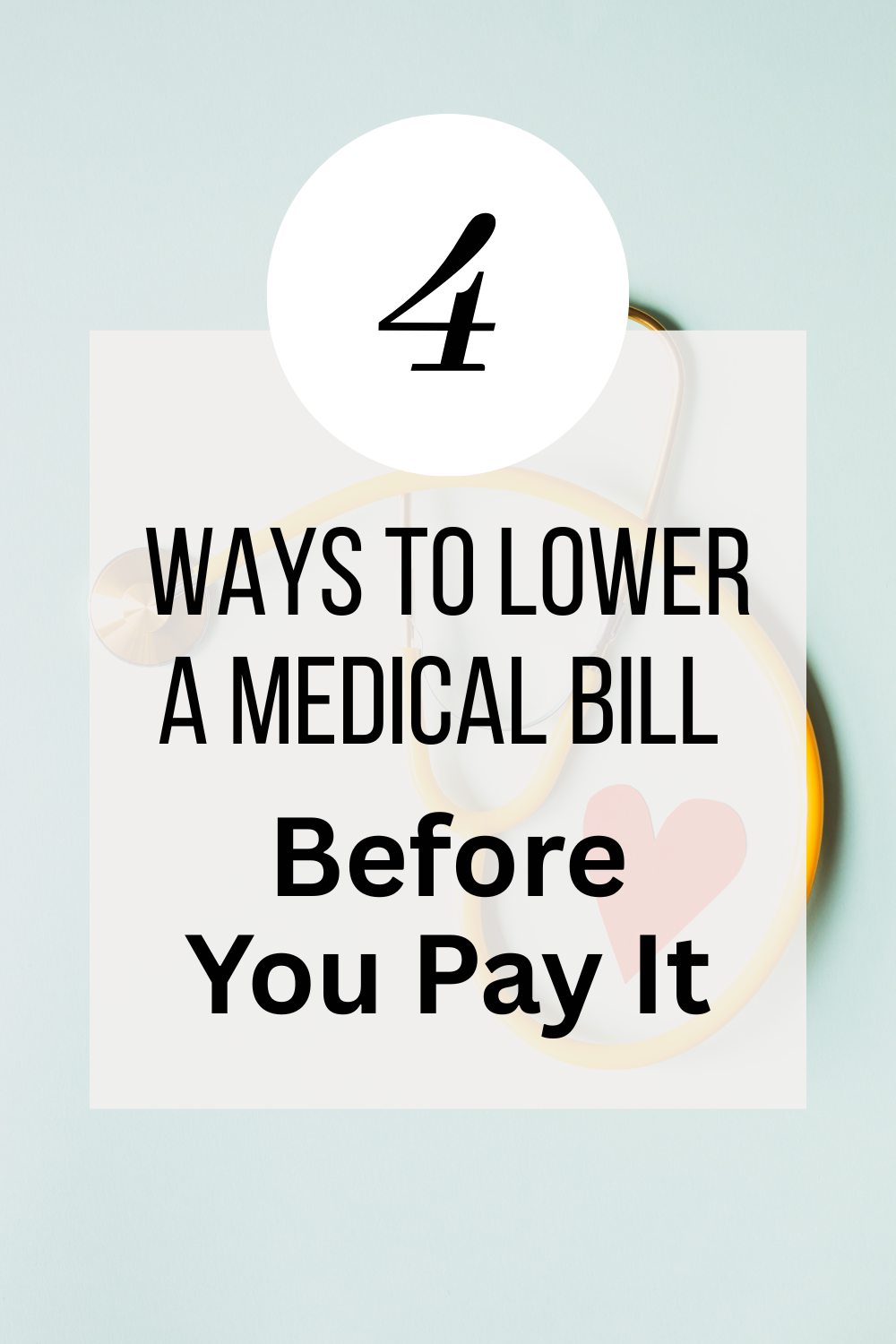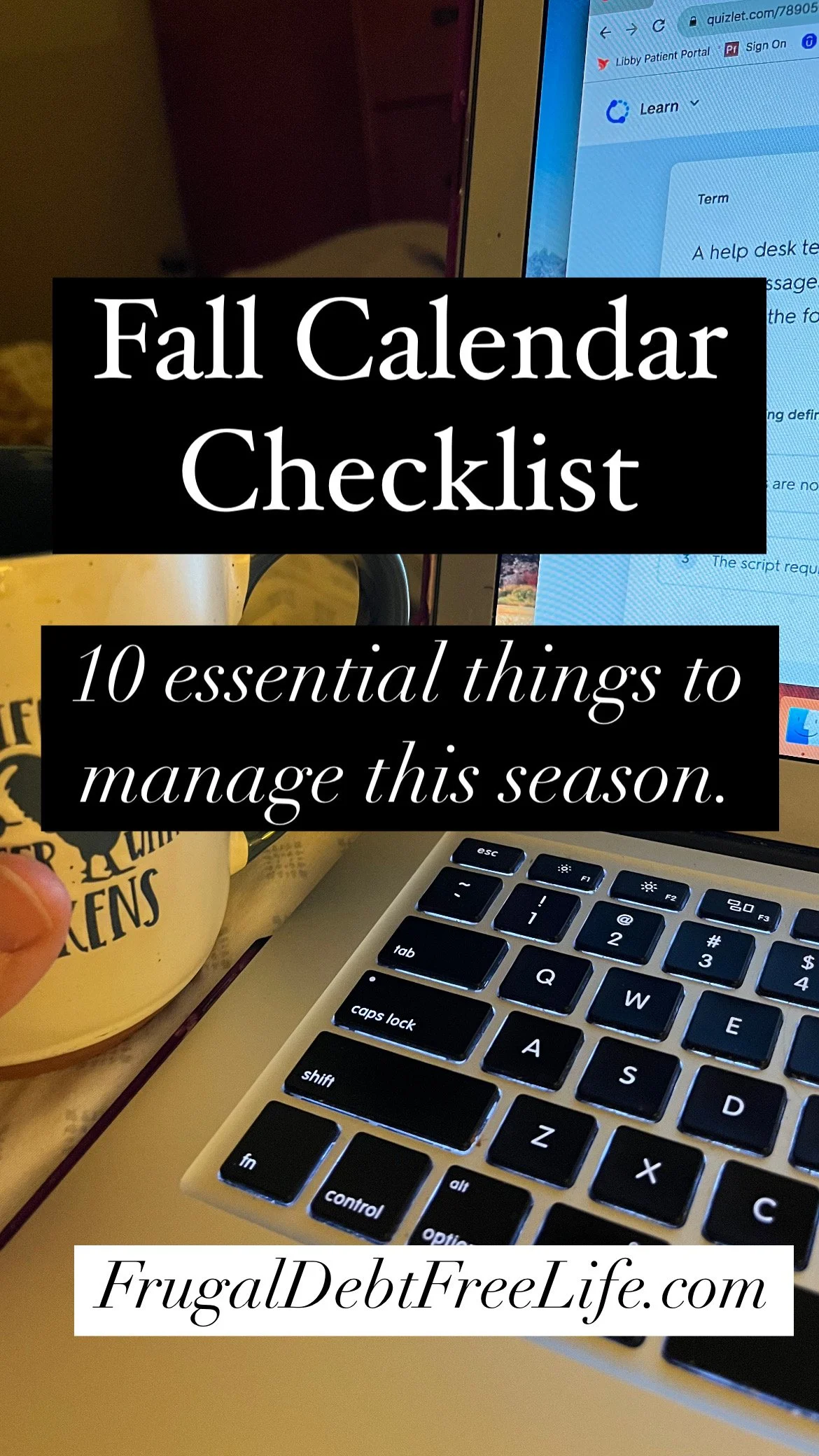7 tips for paying off debt on a small income: Debt free motivation
/I had a question on Instagram recently when I talked about budgeting, and it said, "Okay, but how do I start? Where do I start?"
I know that this entire process can seem completely overwhelming, especially if you don't have a larger income. It can be discouraging.
As someone who paid off debt with a tiny shovel, here are some tips that can help you:
1. Look at your fixed expenses.
There are things month to month that do not change, like your rent, phone and internet, and insurance costs. They are pretty stable. They don't change.
Look at what those fixed expenses are first, and write them down.
If you have any fixed expenses you can cut (like subscriptions you’re not using). Also if you’re behind on some of your bills reach out to your service provider and see what they can do. You can read more: Paying off debt when you're behind on your bills
2. Determine your average bills.
There are things that are going to fluctuate, like your electric bill. It's going to be higher in the summer and winter than it is in the spring and fall.
Look for your average. If your average electric bill across the board is $200, $200 is what you need to budget.
Do this with each of your fluctuating bills. I actually budget the highest amount. For those bills that are all over the place, I give myself a buffer of using that highest amount.
3. Prioritize your debts.
What we did, for the most part, was list them smallest to largest and pay the smallest one first. We did defer from this on my husband's student loans.
Some of his student loans were smaller than our credit cards, but we flipped them because, as I say all the time, we could defer on those loans if worse came to worst. I don't advocate doing that, but if something catastrophic happened, we could defer on those loans. We couldn't defer on feeding our baby or keeping him in diapers.
And those credit cards had a higher interest rate. So even though that wasn't what Dave Ramsey recommended, that's what we did because it worked for us. You have to work with what you have.
So prioritize what bills that you want to get paid off first and focus on those.
4. Be realistic on your grocery budgets.
You're going to spend 20% more than you think you are. We want to work to reduce that grocery budget and not just buy things needlessly. You also need to be realistic.
We follow the $100 per person per month. That's a good place to start. It's obviously going to be different if you have health issues or you're doing keto or whatever.
It's really easy with groceries, for some reason, it becomes super competitive to see who can save the most amount of money on their groceries. As if that even matters. So just be realistic about it. It's not a competition. Don't feel guilty if you have to spend more on groceries than some blog that you read on Pinterest. It's fine. You got to feed your family. Don't feel guilty about that. Don't focus and torture yourself over the fact that you can't feed a family of six for $75 a month. It's okay. Do what you need to do to keep your family fed, happy and healthy.
5. Don't forget to give.
Giving has always been important to us. It's a priority. Even when we were in debt, we still gave. We have been on the receiving end of generosity, and that's something that I want to pay forward. And really, it's one of the catalysts in us getting out of debt and living a very simple life — so that we can help others. Because to whom much is given, much is expected. There is a quote that has been credited to Mother Teresa, and a ton of people, and it is: Live simply so that other people can simply live. That is one of our family mottos.
My kids have everything they need, and we get to do a lot of amazing and fun stuff. But there are things that we don't do, that really aren't that important to us because we want to be able to be in a position to help people and bless people.
So be sure to include giving in your budget. If you're in a position where you can't right now, don't feel guilty about that either. You'll be able to later.
6. It's still important to entertain yourself.
Don't go overboard, but, you know, set some dollars aside to go to the Redbox. Or AMC has $5 Tuesdays where everyone can go to a movie for $5 on a Tuesday, which is a really awesome surprise on a school night. You tell your kids, "C'mon, load up. We're going to see the Lego movie." That's really exciting for them. Maybe go get a Mellow Mushroom every once in a while. Or something exciting. It's okay to do so, to spend money sometimes, right?
7. Also know your budget is not going to be perfect the first time you make it.
Or the first three times you make it. It does take about three months to get to a good groove. And then, sometimes, you fall off the wagon, and you have to reevaluate and move on. Because life changes, right? You have a baby, you get a new job, you move. So you have to update your budget every once in a while.
I think that probably the most important piece of advice that you can get in this whole process of getting started is to be okay with yourself and to know that it's not a competition. It's not a race. You're going to be okay. You're doing a good job. Don't compare yourself to how quickly someone else is getting things done.


























